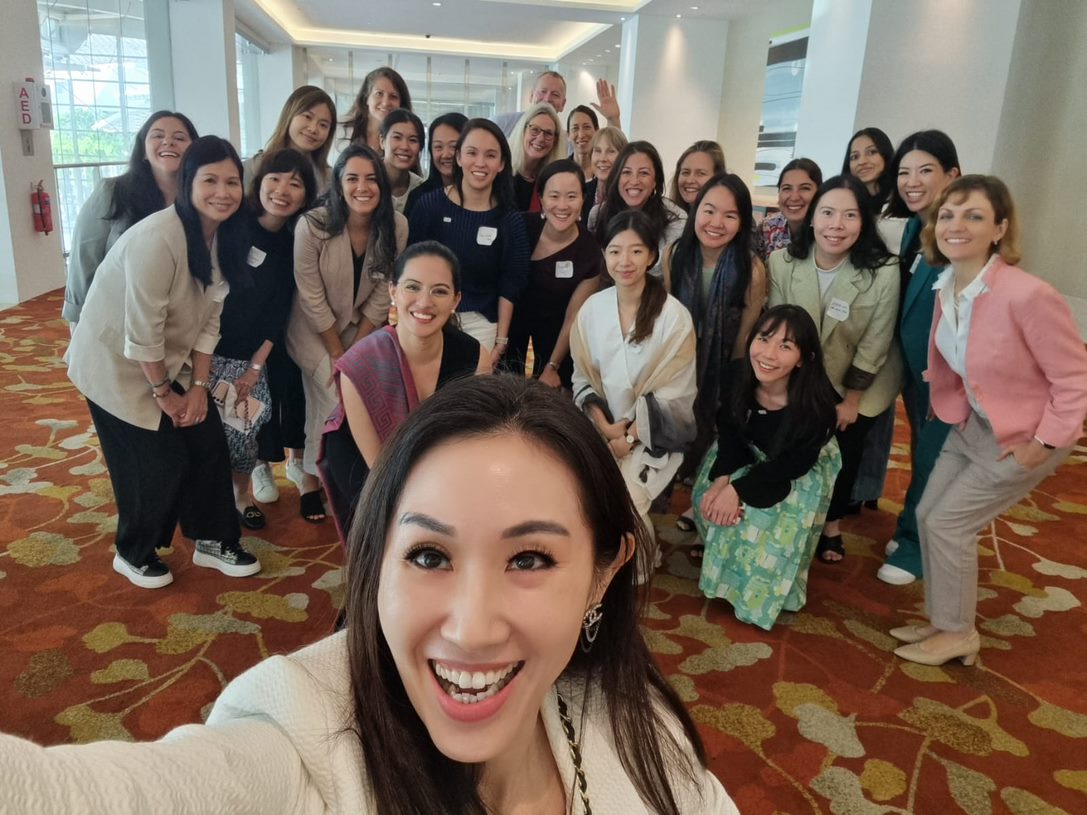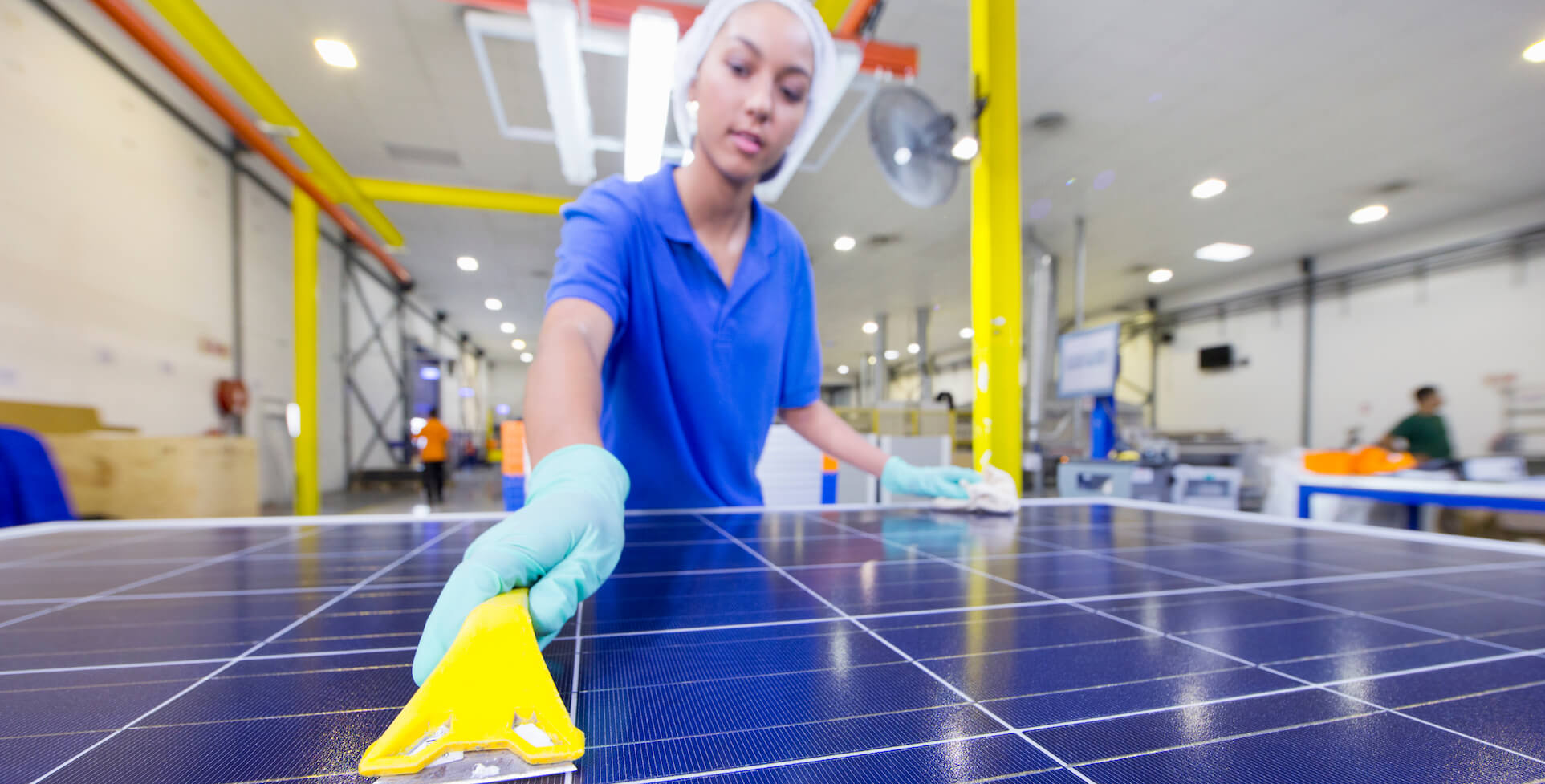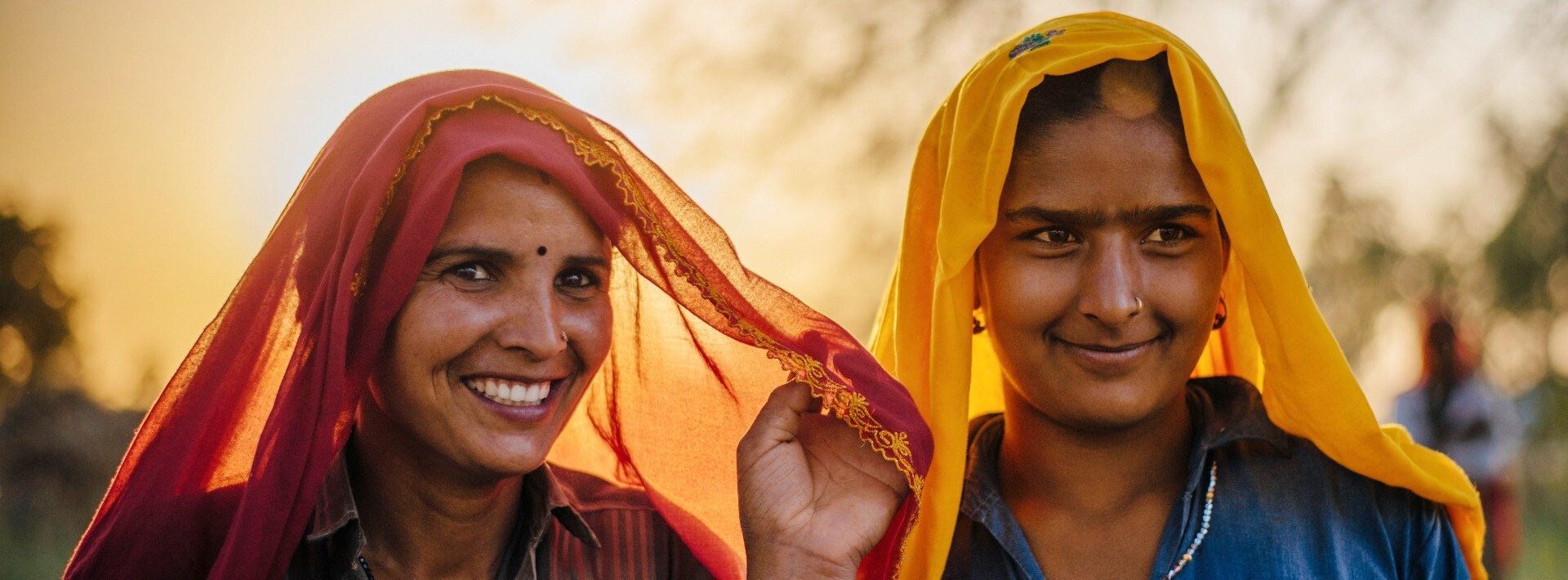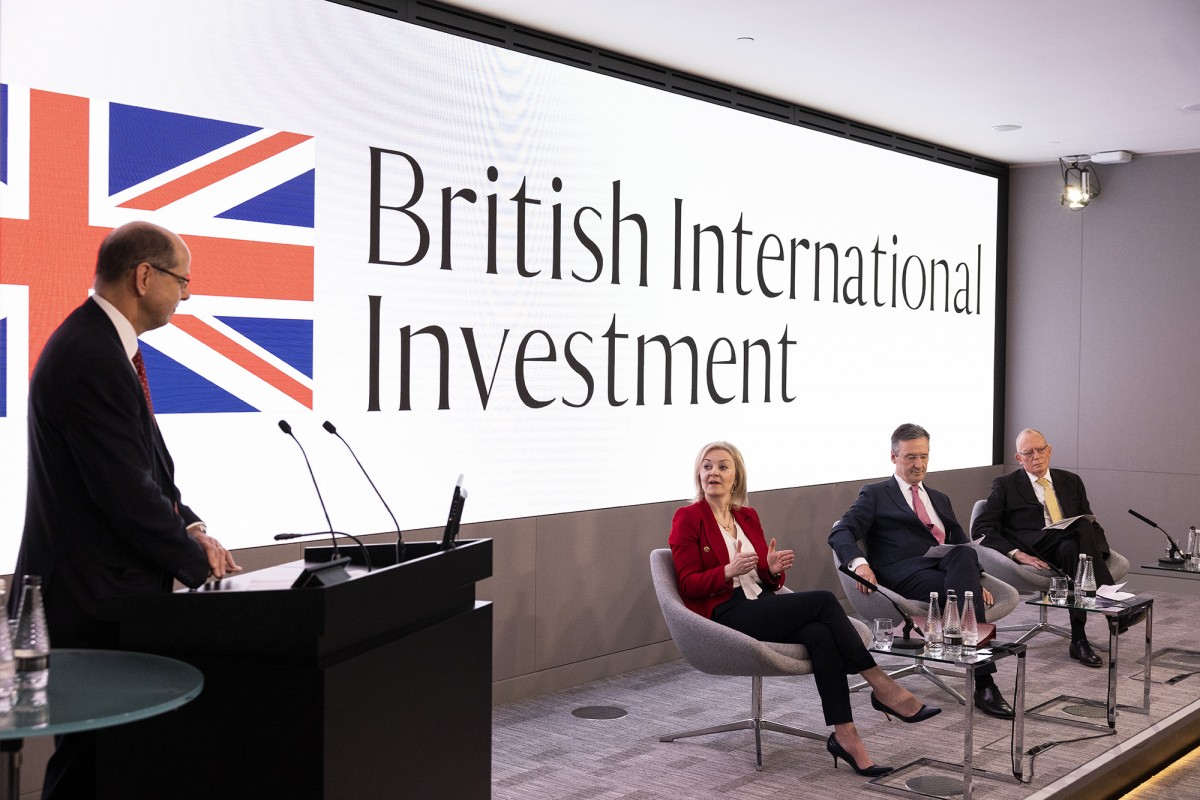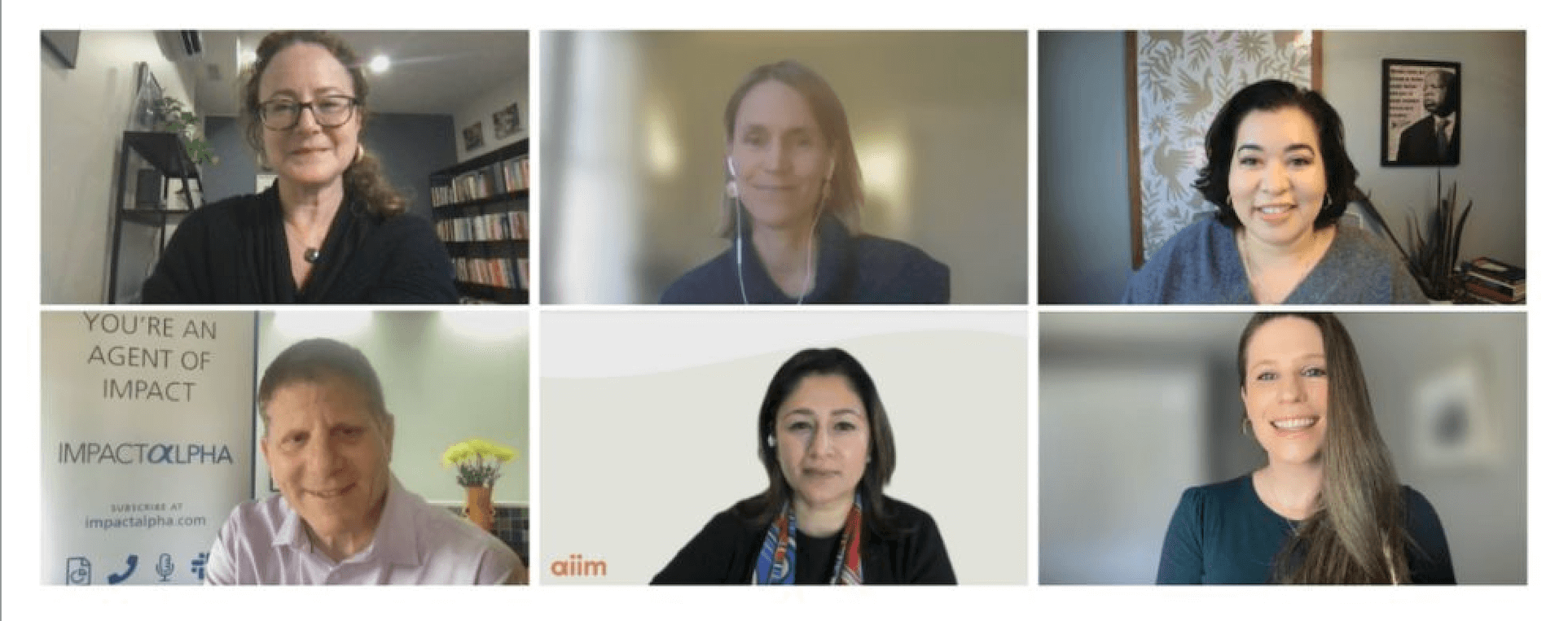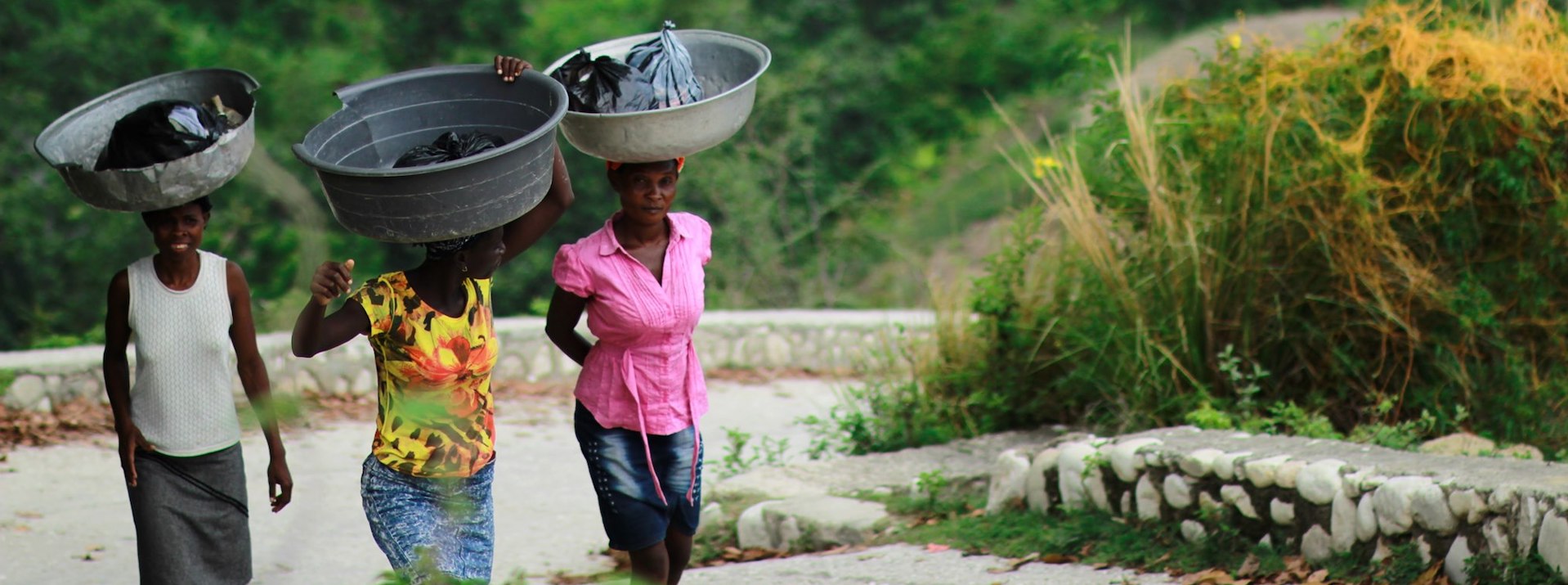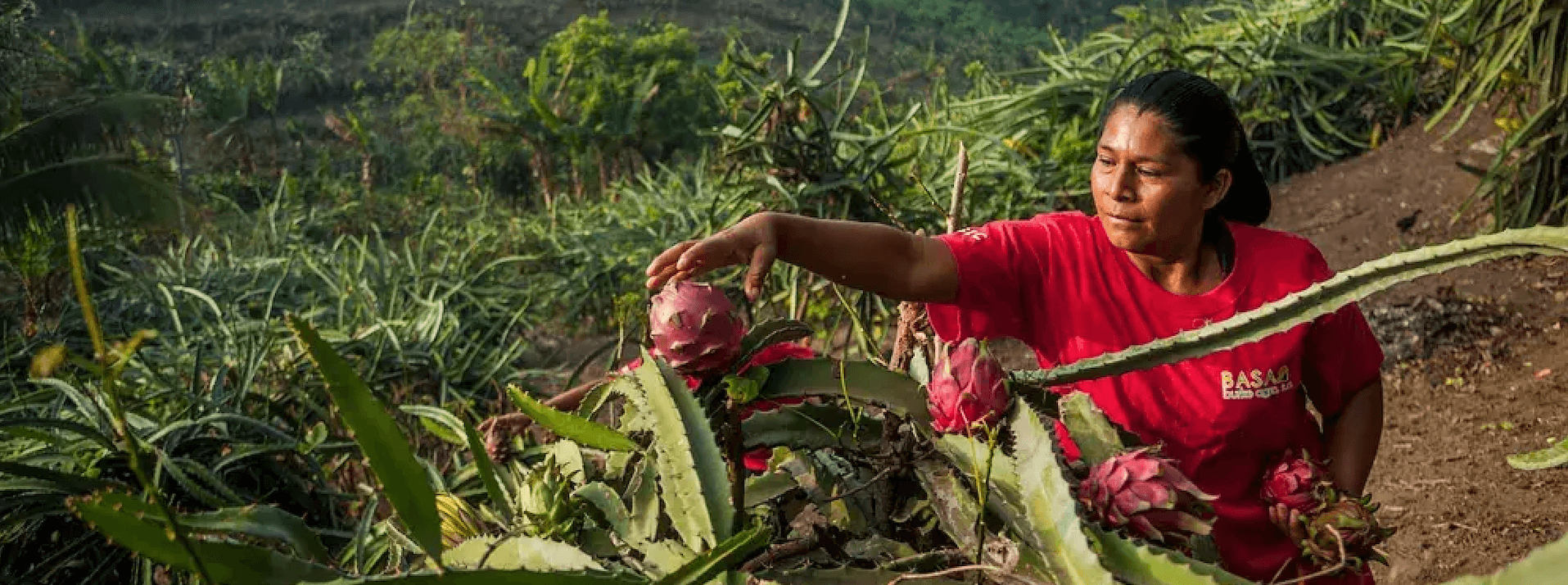In the bustling financial hub of Singapore, Rhea See, an early-stage fund manager at She Loves Tech Asia Emerging Outliers Fund, leads an accelerator platform dedicated to empowering women in technology. See says that investing in women transcends the paradigm of merely ‘doing good.’ For See, it represents a strategic move towards smart economics and game-changing innovation.
“Many still view investing in women as a niche, impact-only endeavor and I want to shatter this stigma,” says See, one of the general partners who joined the 2XI Asia-Pacific GP Sprint acceleration program for women-led fund managers across the Asia-Pacific region.
“Investing in women is not just about doing good,” says See, “it’s about unlocking untapped potential and driving technological advancement and profitable returns.”
Growth market
As of July 2023, women accounted for only 17% of all decision-makers at venture investors headquartered in South-East Asia. About 67% (vs. 77% in 2022) of regional investors do not have a woman in an investment decision-making role.
Evidence shows that diversity in venture capital firms not only fosters creativity and alternative viewpoints but also positively impacts financial performance. A study by Paul Gompers, a professor at Harvard Business School, found that venture capital firms with more diversity among their partners tend to be more profitable. The study revealed that firms with at least one female partner saw improved financial performance, with returns increasing by approximately 10%.
This translates into a significant economic impact, as the median venture capital fund return moves from around 14-15% to 16-17% with the inclusion of female partners. Additionally, having women as partners increased the success rate of startups supported by these firms. This research suggests that gender diversity generates alternative perspectives that can uncover new investment opportunities and help avoid blind spots
Starting a fund is no small feat. It requires a commitment of at least 15 years, a factor that might deter many. Additionally, the venture capital industry, particularly for women-led funds, embodies a complex mix of long-term relationship building, navigating biases and strategic networking. Considering the demanding nature of the role and the need for substantial family support and background education, this may present significant obstacles for women in the Asia-Pacific region, who are traditionally considered the main caretakers in the family.
Women-led funds raised less than 2% of the $166 billion raised by venture firms globally in 2022, indicating the significant gap that still exists
Women-led funds
Acknowledging the unconscious bias and additional hurdles that women fund managers face in the region to raise funds, 2X Global launched an introductory and acceleration programme for female-led or gender-balanced fund managers with gender smart investing strategies across the Asia-Pacific region. The United Nations Economic and Social Commission for Asia and the Pacific, or ESCAP, supported the program under its Catalyzing Women’s Entrepreneurship Programme, which is funded by Global Affairs Canada and Australian Aid.
The 2XI GP Sprint, which began in September 2023, is providing tailored coaching, practical exercises and network facilitation for GPs with the aim of accelerating their progress towards achieving their first close.
Among its participants, the program boasts a remarkable roster of funds in the region. This includes the ARQ Capital SME BDC from the Philippines, led by Abigail Tan and Edmund Solilapsi, which provides private debt to small and medium-sized enterprise development.
From Vietnam, Shuyin Tang’s Beacon Fund lends to female-run “moderate growth companies” in Indonesia, the Philippines and Vietnam.
Singapore’s investment landscape is represented by Huiting Koh’s Blueprint VC and the Jasmine Climate Action Growth Equity Fund I LP, steered by Melissa Kang and Kimberli Ng, which invest equity capital in South-East Asia consumer tech and climate tech, respectivley. Yeni Tjiunardi from Indonesia brings to the table the New Energy Nexus Ventures, which invests to de-risk early stage clean and climate tech.
Adding to this diverse mix is the Fiji-based Matanataki Impact 1, led by Jodi Smith, Kanchan Wali-Richardson, and Richard Lees, which invests in “reef-positive businesses” in the Pacific.
Program highlights
In November 2023, in Singapore, selected participants of the GP Sprint presented their investment thesis to Limited Partners, or LPs. During the presentations, the determination, qualifications and expertise of these women from the region were showcased. These women are not just poised to become exceptional wealth managers; their investment theses, often environmentally and socially conscious, suggest a transformative impact on the region through strategic capital allocation.
In preliminary consultations with these early-stage, women-led funds, it was intriguing to learn that their strategy often involves not highlighting their commitment to supporting other women entrepreneurs. Instead, they concentrate on targeting specific sectors. The LPs they typically engage with are generally younger investors who are more receptive to new trends and not as accustomed to dealing with men in financial discussions. To gain further insights, we will have to await the program’s conclusion in April.
The involvement of women in the investment field is more than a matter of equity; it makes business sense, while emerging as a strategic necessity for the sustainable and holistic growth of the investment landscape. The Catalyzing Women Entrepreneurship programme by ESCAP has forged strategic partnerships with organizations such as 2X Global to empower female capital allocators and pave the way for a more inclusive and prosperous future in the Asia-Pacific investment landscape.
Sara Danzeo is the partnerships specialist in the trade, investment and innovation division of United Nations Economic and Social Commission for Asia and the Pacific, or ESCAP. Elena Mayer-Besting is the programme management officer at ESCAP.

